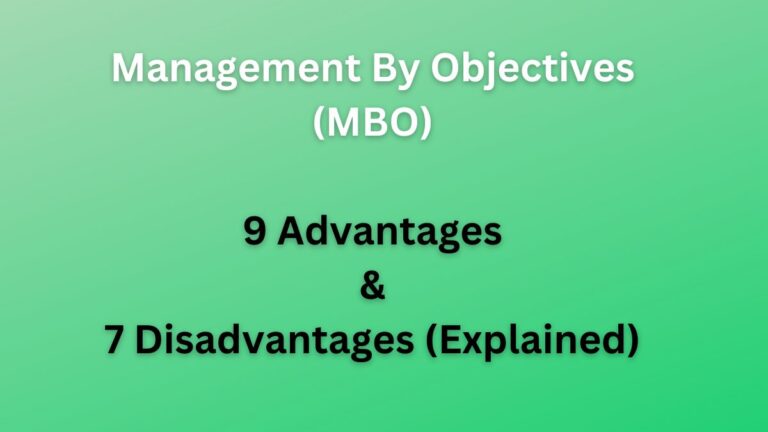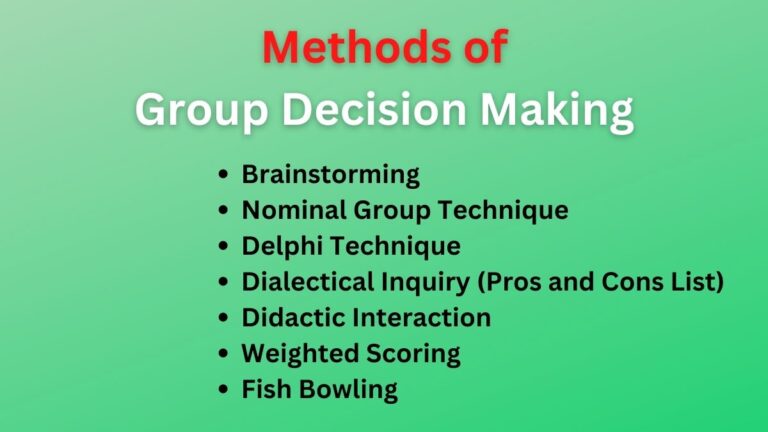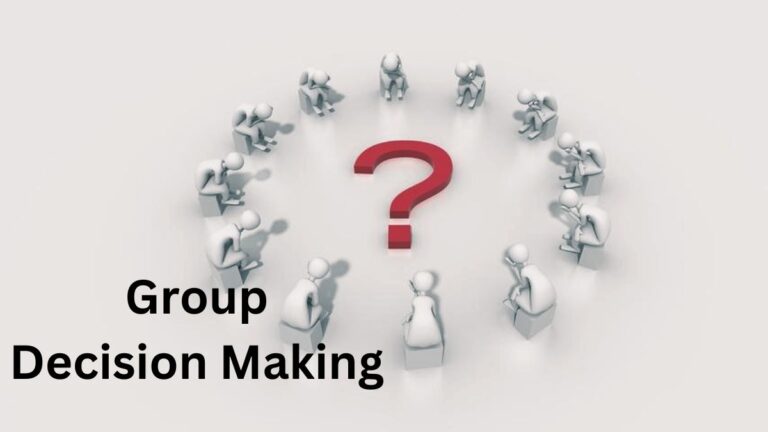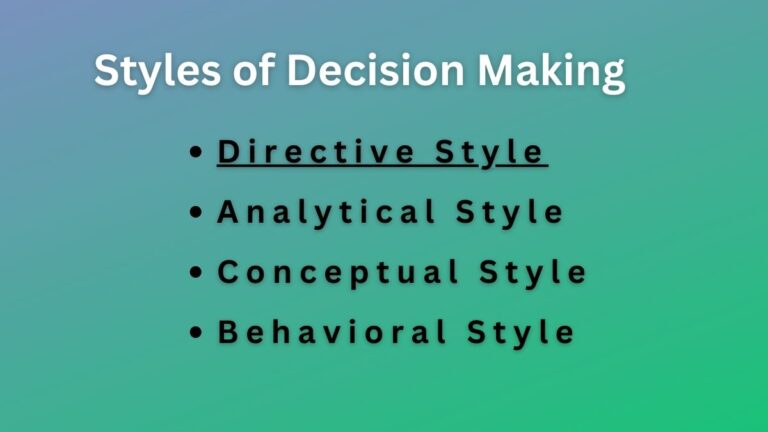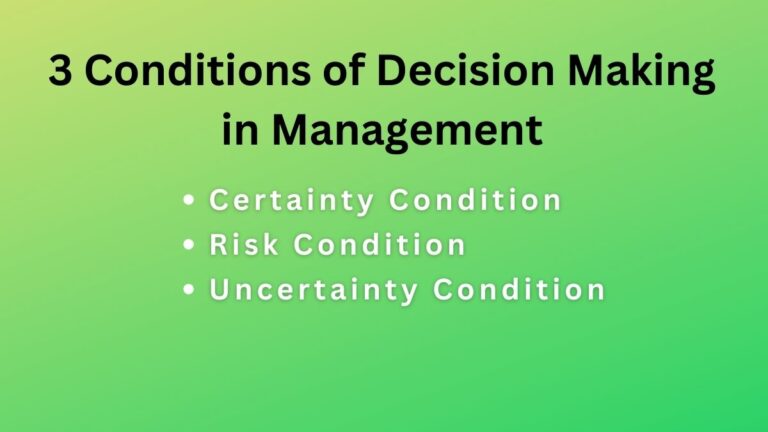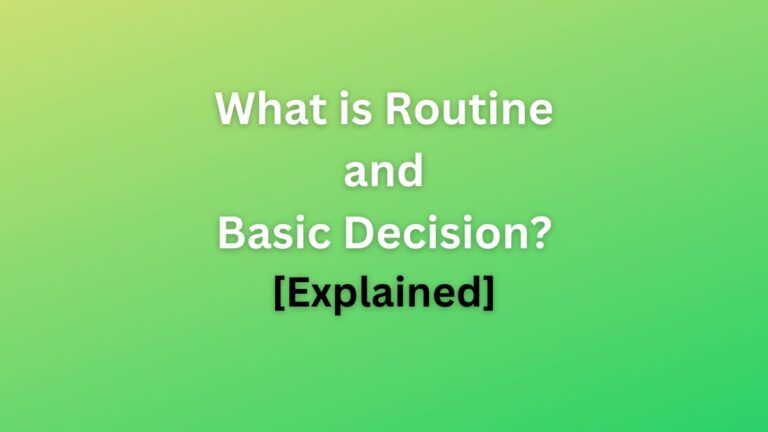9 Advantages and 7 Disadvantages of MBO (Management by Objectives)
Advantages and Disadvantages of MBO (Management by Objectives) MBO is a goal-oriented management model that aims to increase overall organizational performance by setting goals with the participation of both management and employees. MBO tries to balance the objectives of both organization and employees to achieve more incredible performance. Following are some of the noted advantages…
